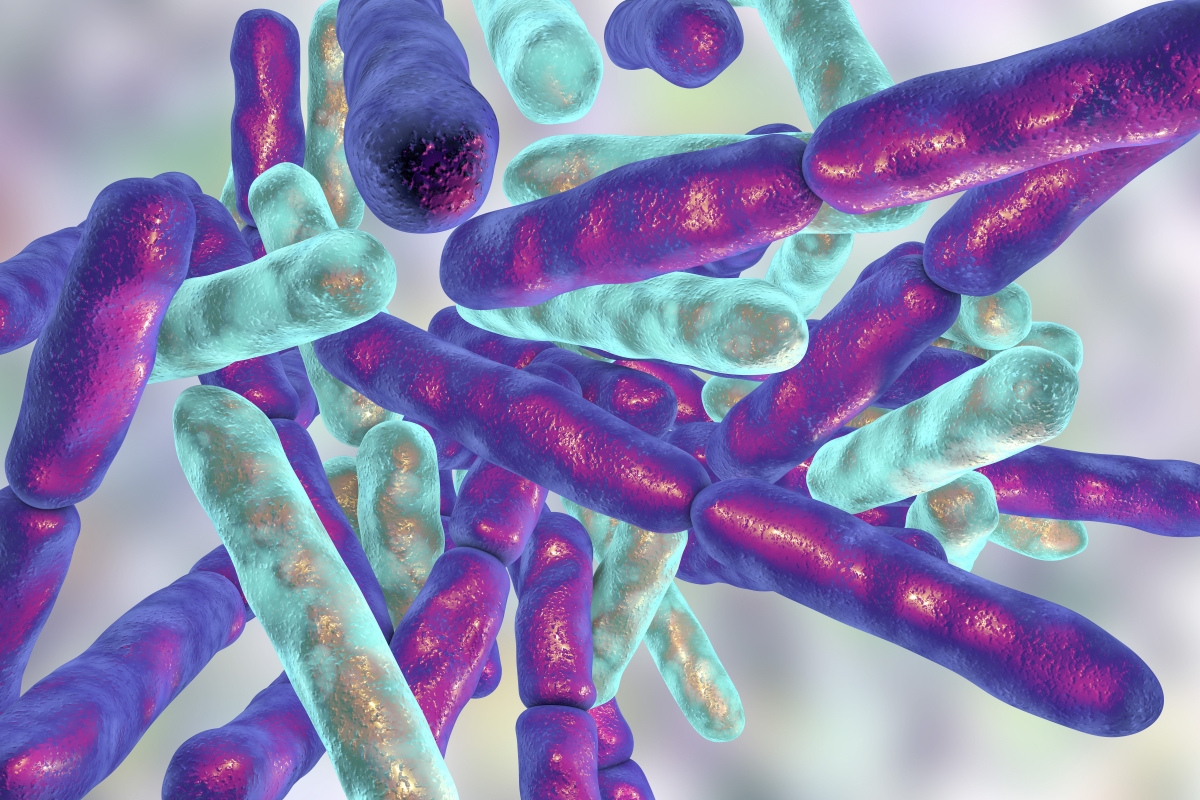The efficacy, safety, and tolerability of probiotics on depression: clinical results from an open-label pilot study


The CNP Probiotics, Prebiotics and Mental Health Research Category consolidates research exploring the effects of probiotics, prebiotics, psychobiotics, and synbiotics on mental health. To view each original study on the open internet, click “Original.” To view the CNP-written abstract summary, click “CNP Summary.” While only some CNP-written abstract summaries are available below for free, all are available to CNP members through the CNP Library Membership.

Growing older is associated with alterations in the gut microbiota and a reduction in mental capacity. Psychobiotics are microbiota-targeted treatments that can improve mental health and slow down the brain's aging process. In comparison to people who are neurologically healthy, Aljumaah et al. (2022) examined the gut microbiome composition and predicted microbial functional pathways of middle-aged and older adults who met the criteria for mild cognitive impairment (MCI), in addition to conducting a placebo-controlled, double-blind, randomized clinical trial to examine the effects of probiotic Lactobacillus rhamnosus GG (LGG). A total of 169 middle-aged (52–59 years) and older (60–75 years) community-dwelling adults were randomly assigned to probiotic and placebo groups for a three-month intervention. Samples were taken at baseline and after supplementation. Based on their cognitive condition, participants were subsequently separated into intact or impaired cognition groups. Prevotella ruminicola, Bacteroides thetaiotaomicron, and Bacteroides xylanisolvens were found to be taxa linked with MCI by microbiome study. Prevotella was found to be substantially more common in MCI participants than in cognitively intact subjects, according to differential abundance analysis at baseline. An increase in the MCI group's cognitive score was associated with a relative abundance decline of the genera Prevotella and Dehalobacterium in response to LGG administration. According to these results, the authors comment that some gut microbiota members are associated with middle-aged and older persons' cognitive function. Upon further confirmation, these taxa may be utilized as important early markers of MCI and may be stimulated by prebiotics, probiotics, and symbiotics to facilitate favorable brain aging outcomes.
The efficacy, safety, and tolerability of probiotics on depression: clinical results from an open-label pilot study
Effects of probiotics on cognitive reactivity, mood, and sleep quality
CNP Research Summary can be found in the CNP Library Membership
Probiotics drive gut microbiome triggering emotional brain signatures
Probiotic supplementation improves cognitive function and mood with changes in gut microbiota in community-dwelling older adults: A randomized, double-blind, placebo-controlled, multicenter trial
CNP Research Summary can be found in the CNP Library Membership
Probiotic consumption relieved human stress and anxiety symptoms via modulating the gut microbiota and neuroactive potential
Clinical, gut microbial and neural effects of a probiotic add-on therapy in depressed patients: A randomized controlled trial
CNP Research Summary can be found in the CNP Library Membership
Association between consumption of fermented food and food-derived prebiotics with cognitive performance, depressive, and anxiety symptoms in psychiatrically healthy medical students under psychological stress: A prospective cohort study
Effect of probiotics on psychiatric symptoms and central nervous system functions in human health and disease: A systematic review and meta-analysis
CNP Research Summary can be found in the CNP Library Membership
Lactobacillus rhamnosus CNCM I-3690 decreases subjective academic stress in healthy adults: A randomized placebo-controlled trial
CNP Research Summary can be found in the CNP Library Membership